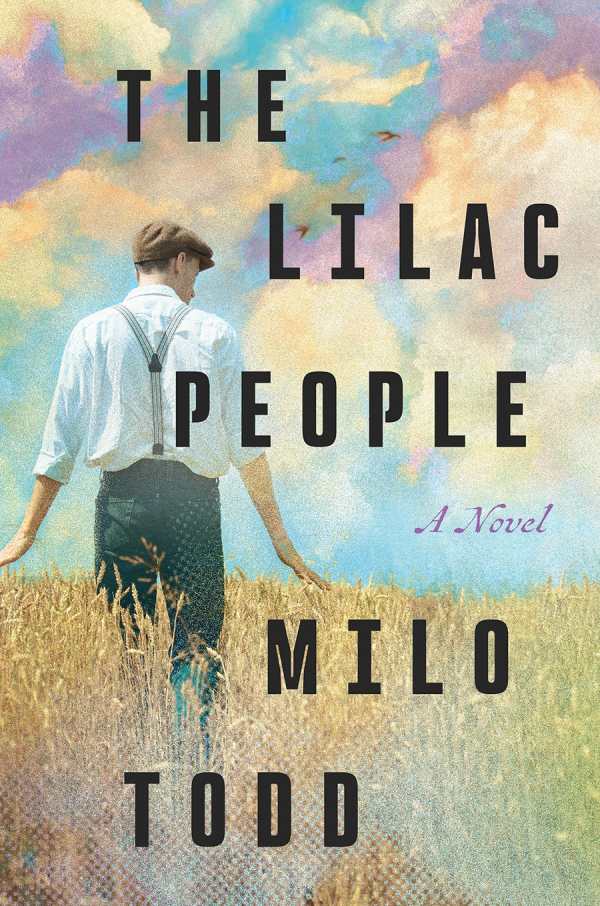The Lilac People
In Milo Todd’s humane historical novel The Lilac People, a transgender man fights for the survival of his community and loved ones during World War II.
In 1932, Bertie’s work at the Institute for Sexual Science and evenings at a queer club, Eldorado, fill him with optimism about the place of transgender individuals in Germany. However, the Nazis’ rise to power is troubling. In 1945, Bertie and his lover, Sofie, have survived World War II hidden on a farm. They still hide an escaped transgender man, Karl, and consider fleeing to the US: The victorious Allied forces are reimprisoning queer individuals after liberating Nazi concentration camps.
Unwavering in its queer representation, the book’s portrayal of transgender men and their community is multifaceted. Their exuberant joy in the 1930s is affecting as they celebrate with dancing, drinking, and fireworks while singing “Das lila Lied” (“The Lilac Song”). Still, an atmosphere of unease is palpable: Intrusive voyeurs gawk at the Institute’s research, and Nazi Brownshirts spout bigotry on Berlin’s streets. The 1945 chapters bristle with intensified anxiety and uncertainty from the unexpected, violent invasions of an antagonistic American officer onto the farm.
The book’s descriptions of Nazi atrocities are heartbreaking, and Karl’s blunt, graphic recounting of surviving Dachau is haunting. Raising tough but necessary questions about complicity with persecution, Bertie suffers acute survivor’s guilt over his instincts of self-preservation when struggling against the Nazis. His empathetic, intimate thoughts reveal the queer community’s justified anger and grief over the destruction of its history and stories: “But he could never let it [his rage] out. Not satisfyingly, not effectively… It would only split him open at the ribs.”
By turns exuberant, nerve-wracking, and heart-wrenching, The Lilac People is a harrowing novel about the marginalization of queer and transgender people during World War II.
Reviewed by
Isabella Zhou
Disclosure: This article is not an endorsement, but a review. The publisher of this book provided free copies of the book to have their book reviewed by a professional reviewer. No fee was paid by the publisher for this review. Foreword Reviews only recommends books that we love. Foreword Magazine, Inc. is disclosing this in accordance with the Federal Trade Commission’s 16 CFR, Part 255.

